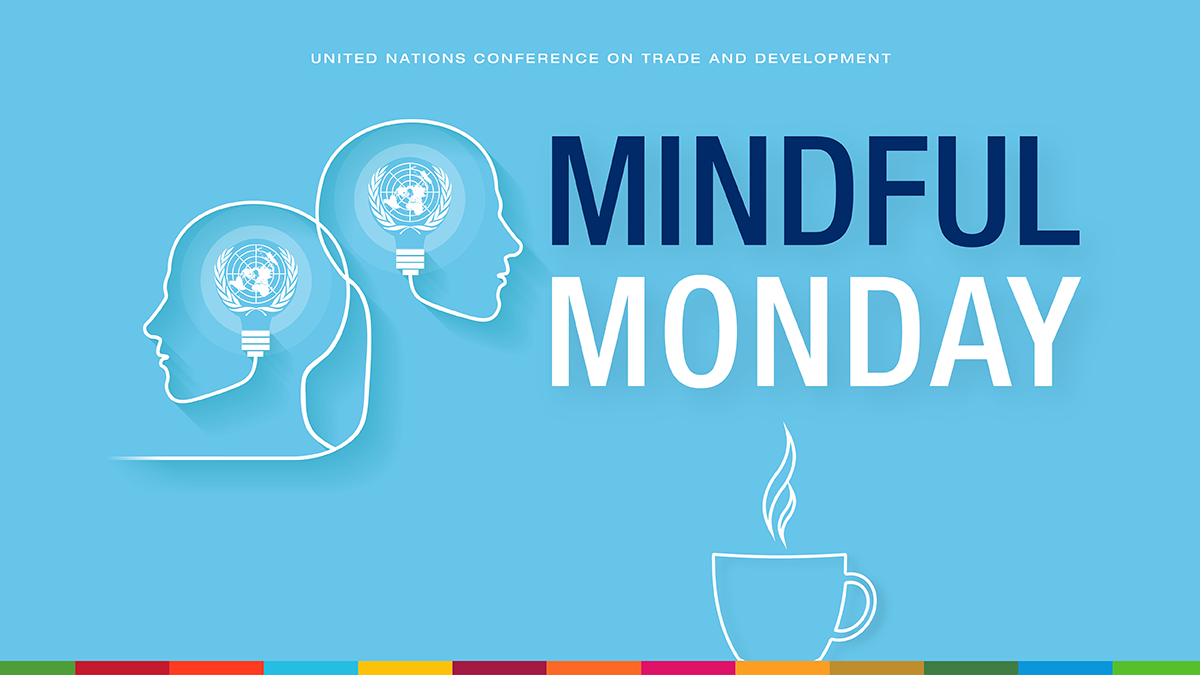By Rebeca Grynspan, Secretary-General, UNCTAD

If in many places, especially developing countries, the pandemic has stalled or undone economic progress, it has also opened up opportunities to reset and restore, maybe even better than before.
This year’s 15th session of the UN Conference on Trade and Development (UNCTAD15), in virtual mode between Barbados and Geneva, is of unique significance for the challenging yet achievable mission world leaders have at the conference’s opening high-level summit.
With its theme “From inequality and vulnerability to prosperity for all,” the UNCTAD15 summit is about seeing the ‘glass half-full.’ The debt burden of low-income countries is expected to soar to between $2.6 trillion and $3.4 trillion and while the data might look gloomy, they are added impetus to find solutions for fair and prosperous growth. While no one expects positive change to happen overnight, the summit provides the first opportunity since the start of the pandemic for world leaders to convene and generate global solutions through trade and development.
The summit is also the first international opportunity to look at the crisis from the experience of the developing world, first opportunity to understand and react to specific needs and vulnerabilities of the Global South.
Host country Barbados’ Prime Minister Mia Amor Mottley captured the conference’s historic significance when she said that “we have a moment in time, that comes very rarely, let’s seize it and do something about it. And let’s recognize do not all suffer the same way.”
Building back better entails building differently so that global trade benefits all, equally. UNCTAD15 is a marked moment to strengthen solidarity through better financing for development and a sustainable global debt system, while reforming the international financial system, and granting debt suspension and relief.
UNCTAD15 is the platform from which to even the playing field of commodities exchange in ways that yield returns more inclusively. Discussions on priority areas of cooperation will include vaccine coverage and redesigning global value chains.
Making COVID-19 a real game-changer
Added to existing vulnerabilities of many regions due to climate change and recurring natural disasters is the health burden of a pandemic. The uncertainties of tomorrow have been felt more acutely in parts of the world that often find themselves in "catch-up" mode. This health crisis is not over, and many developing regions are seriously facing the prospect of another "lost decade" exactly at the time when efforts towards achieving the 2030 Agenda should be coming into full gear.
The summit will focus on the opportunities that trade offers in closing economic gaps, improving health and mitigating the impacts of climate change The opportunities exist and others can be created — are we willing to take hold of them? The tools we can develop together will require the moral muscle to use them so that development works for everyone, sustainably.
In the past year, we have come to face with our interdependence and the need to always be prepared. UNCTAD15 will show that globally, our broad base of agreement on the need for cooperation transcends any potentially differing views on how to get there. Conducive economic and policy instruments can reward the resilience of many countries, often tested by their very vulnerability, with a fairer prosperity.
Have a look at the programme and register!
UNCTAD15’s high-level segment consists of the opening ceremony and the World Leaders Summit. The ceremony will mark the official opening of the UNCTAD15 conference with welcome addresses by President Uhuru Kenyatta of Kenya, Prime Minister Mia Amor Mottley of Barbados and UNCTAD Secretary-General Rebeca Grynspan. The opening ceremony will include a keynote address by UN Secretary-General António Guterres on our global development aspirations and the Decade of Action, which is more needed than ever.


